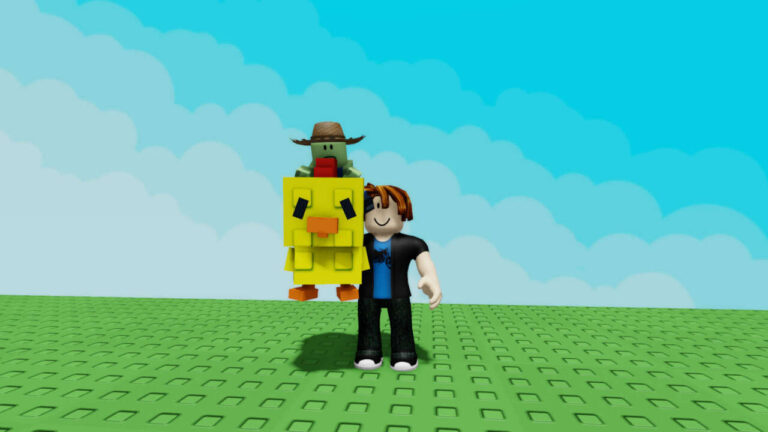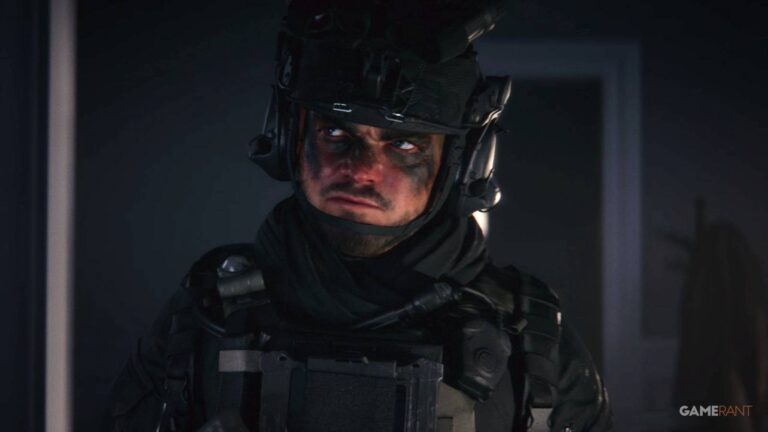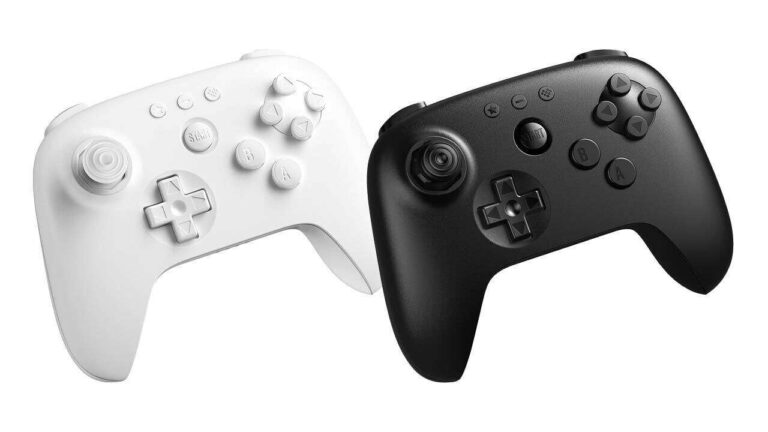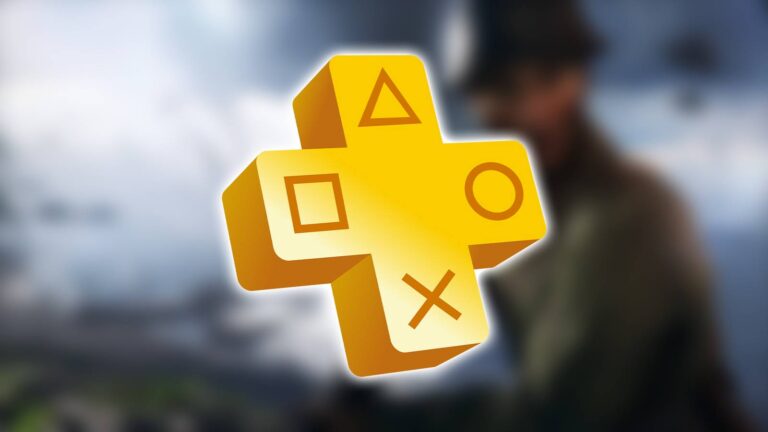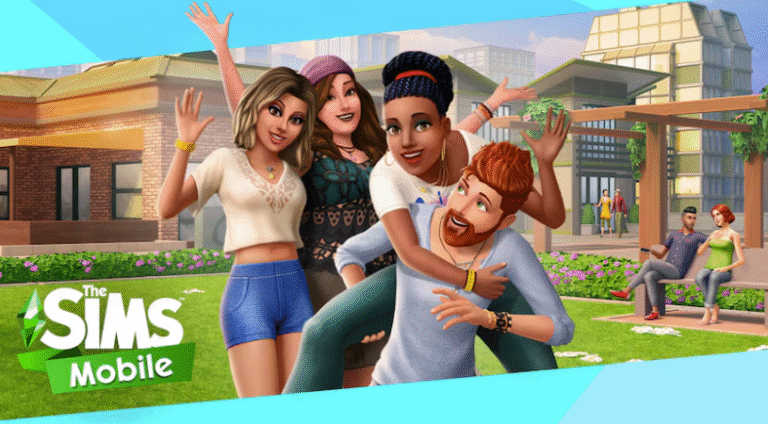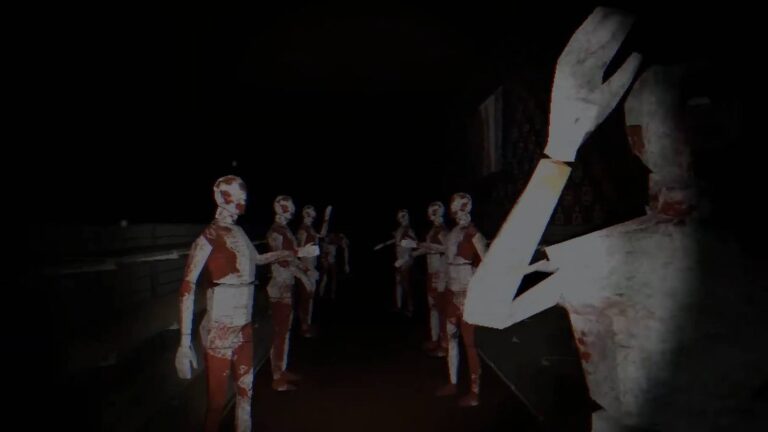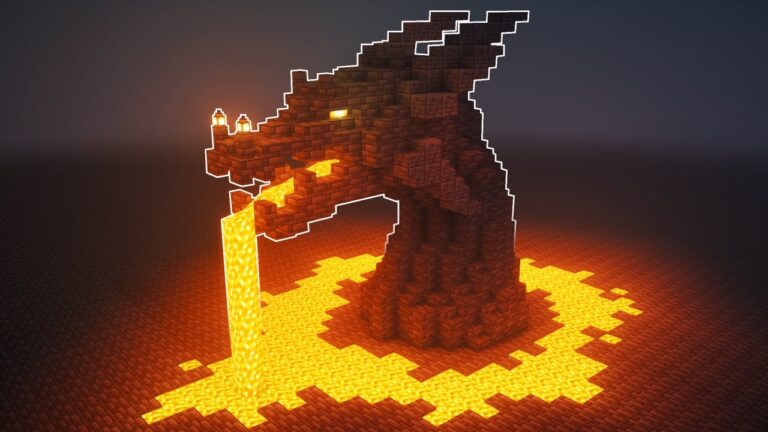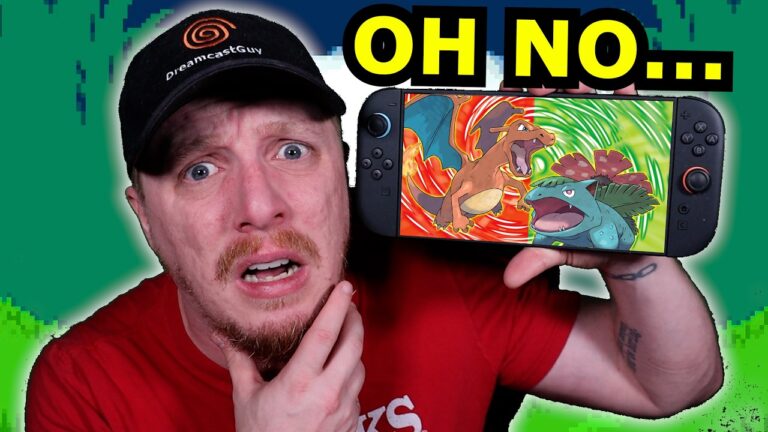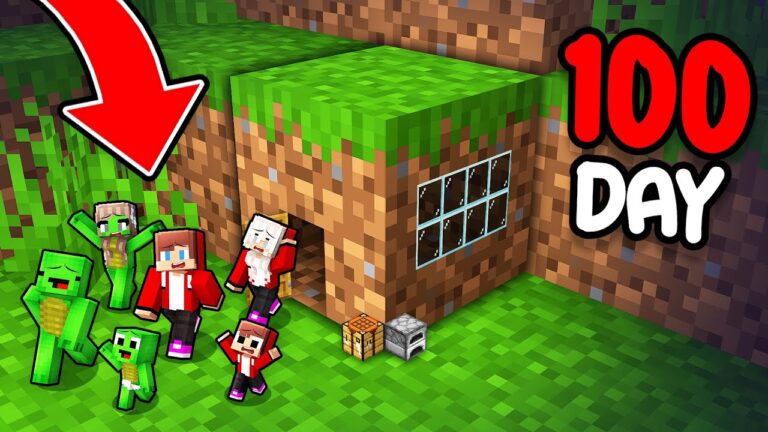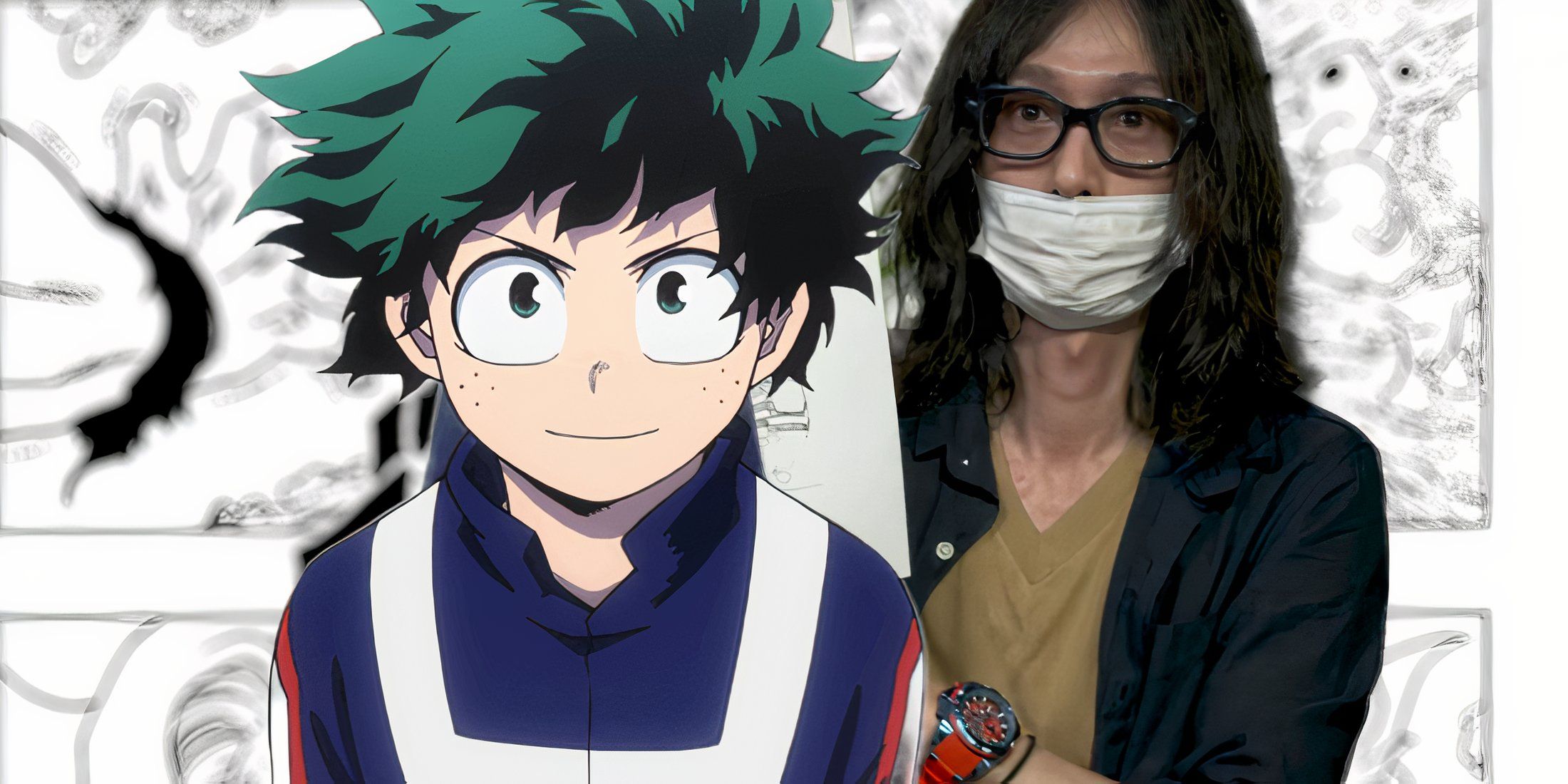
This article contains spoilers up to the end of MHA
Deku may start off the story of My Hero Academia as a lot more wimpy and naive than most other shōnen protagonists, but fans have gotten to watch him blossom into a strong and reliable hero over the course of his adventure. Anyone who has watched or read My Hero Academia will be well aware of just how much Deku has changed as the story has gone on, and while this obviously relates to his powers, considering he eventually obtained several Quirks to use in battle, it has recently been revealed that another major aspect of his journey was also changed while the manga was still being written.
In a recent interview with Japanese fashion magazine NON-NO, the author of the series, Kohei Horikoshi, dropped a pretty big reveal regarding why and how he decided to alter a specific aspect of Deku’s character, and more specifically, his personal journey throughout the series. This is actually a topic that fans have been debating ever since the manga officially ended back in 2024, but thanks to these recent comments from the author himself, it finally provides a clearer picture of what exactly was running through Horikoshi’s head when he decided to make the change.
How Deku’s Story Changed
It Seems As Though Deku’s Goal Became A Lot More Selfless
- Deku originally said he would be the greatest hero
- This message changed in a story arc much later down the line
If fans rewind their minds back to episode and chapter one of My Hero Academia, they might remember Deku stating that what the audience are witnessing is the story of how “I became the greatest hero”. This is the kind of phrase that most shōnen protagonists will throw out early on in the story to make their motivations clear, and while it is certainly a powerful statement, especially from someone who was Quirkless when they were born, the actual wording of Deku’s monologue changed over time.
Much later down the line in volume 32, chapter 324, Deku’s iconic speech shows up once again, but this time, the words are slightly different. Deku states that this is a story of “how we all became the greatest heroes”, rather than focusing on just himself. While it doesn’t alter the core meaning of the message all that much, it’s definitely something fans quickly picked up on, considering it’s not often that an anime protagonist will alter their own story once they’ve kicked off their adventure.
To be honest though, considering Deku had a lot of help from his friends and teachers in taking down some of the stories’ most powerful villains, it definitely makes sense why he would start giving credit to those around him. It also feeds into Deku’s more selfless personality and how he’s always more concerned with looking out for others rather than himself. With that being said though, there is actually a much deeper reason why Horikoshi made the decision to broaden the meaning of Deku’s original statement.
Why Deku’s Statement Was Altered Later Down The Line
Horikoshi’s Views On Heroes Completely Changed During My Hero’s Publication
In an attempt to find a concrete answer to this change once and for all, the interviewer in the NON-NO magazine interview decided to ask Hoirkoshi directly about why he made the change. According to the author, it’s not so much to do with Deku himself, but instead, it was a direct result of Horikoshi’s own views on heroes changing while he was still writing the story.
He makes specific mention of the times when he would take a week off due to an illness or exhaustion. During these periods, Horikoshi says that he was approached by many friends who were asking if he was okay, and also received a ton of fan mail from concerned fans who wanted to check up on his health and wellbeing. It’s no secret that the manga industry can be pretty tough on its authors, especially Horikoshi, who worked on a series that eventually ran for over 400 chapters.
“This made me realize that a person who is able to do something even a little kind for someone else might be a hero to that person, and there might be a lot of heroes out there” – Horikosho
As a result, Horikoshi’s own views on what makes someone a hero were translated into his own story, prompting Deku to give credit to everyone who helped him along the journey, while simultaneously acknowledging how far he has come personally since he first gained his Quirk. There have actually been many hints scattered throughout My Hero Academia that indicate Horikoshi began to develop a more nuanced and complex view of heroism as he went on, but despite how difficult it could be to pin this term down, in the end, he still managed to convey it in a way that feels memorable and impactful.
Heroism In My Hero Academia
It’s Not As Straightforward As It Might Initially Seem
- My Hero Academia forces fans to think about what makes a true hero
- Characters like Jiro and Stain prove that heroism is pretty complex
While it would have been easy for Hoirkoshi to make the heroes of the series the good guys with no flaws to speak of, he instead decides to dig deep into what heroism truly means, resulting in many of them filling more of a gray area. An example of this can be seen with Stain, who, despite technically being a villain, takes it upon himself to hunt down those who call themselves heroes, but in reality, are only in the position to acquire more wealth and fame. This was the first time fans were forced to wonder what being a hero truly means, and it’s a question the series continues to ask for the remainder of the story.
“Hero is a title given only to those who accomplished great deeds. There are too many who act like heroes, but are really money-worshippers” – Stain
During the UA School Festival, for example, Jiro, the lead singer of the vibrant and colorful performance, screams out loud that being a hero doesn’t just mean being strong. For her, being able to use her voice to bring joy and happiness to those who need it most is more than enough to be considered a hero, even though she might not be a powerhouse like All Might or Endeavor.
The moment that really blew this question wide open though was Dabi’s Dance, which essentially exposed the dark reality of what some of the heroes have been up to behind the scenes, and whether these actions can truly be considered ethical, or just plain merciless. Horikoshi clearly loved playing around with the idea of heroism when he was still writing the manga, but as this recent interview has shown, his own view on what makes a hero changed a lot over time, and was eventually reflected on Deku himself.
My Hero Academia
- Release Date
-
April 2, 2016
- Network
-
TBS, MBS, Nippon TV
- Directors
-
Shouji Ikeno, Tsuyoshi Tobita, Ikuro Sato, Takudai Kakuchi, Masashi Abe, Tetsuya Miyanishi, Kazuma Komatsu, Yoshifumi Sasahara, Masayuki Otsuki, Daisuke Tsukushi, Takayuki Yamamoto, Yohei Fukui, Takuro Tsukada, Masatoyo Takada, Naomi Nakayama, Sayaka Morikawa, Takanori Yano
-

Daiki Yamashita
Izuku Midoriya (voice)
-

Kaito Ishikawa
Manga Fukidashi (voice)


